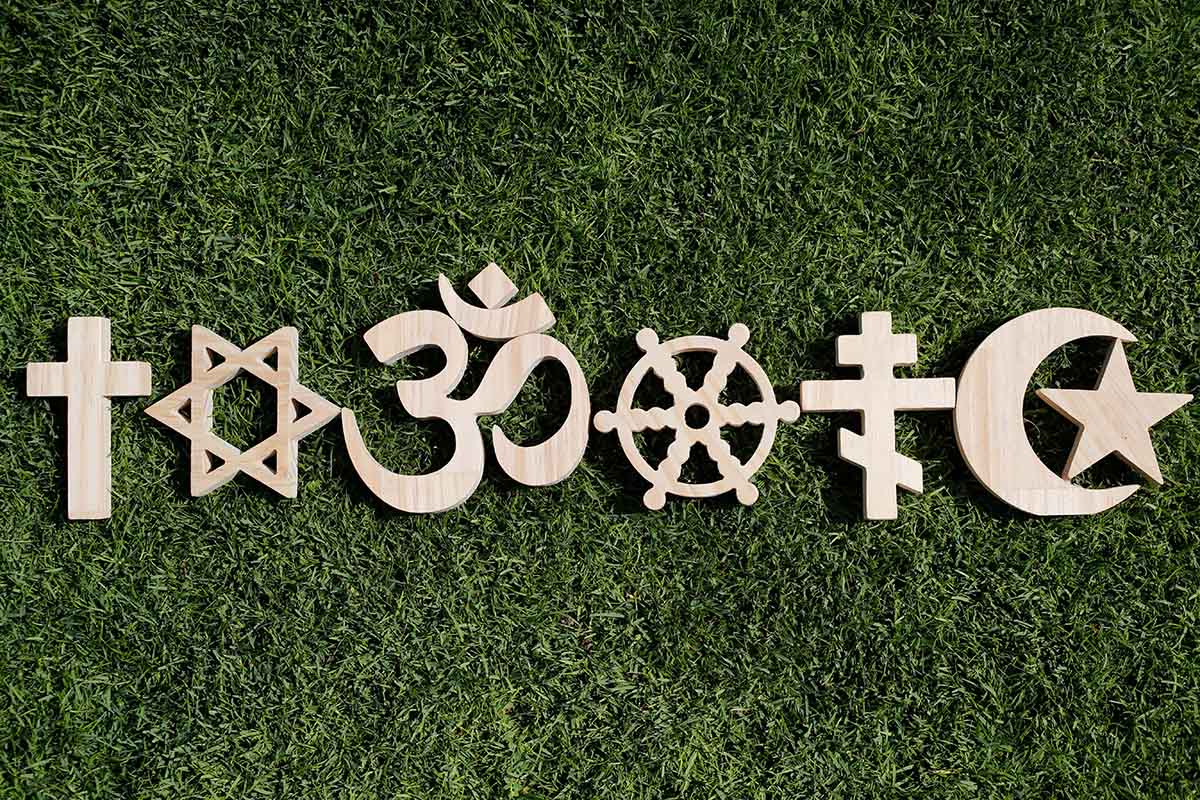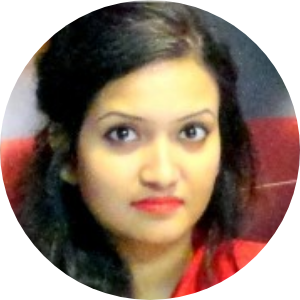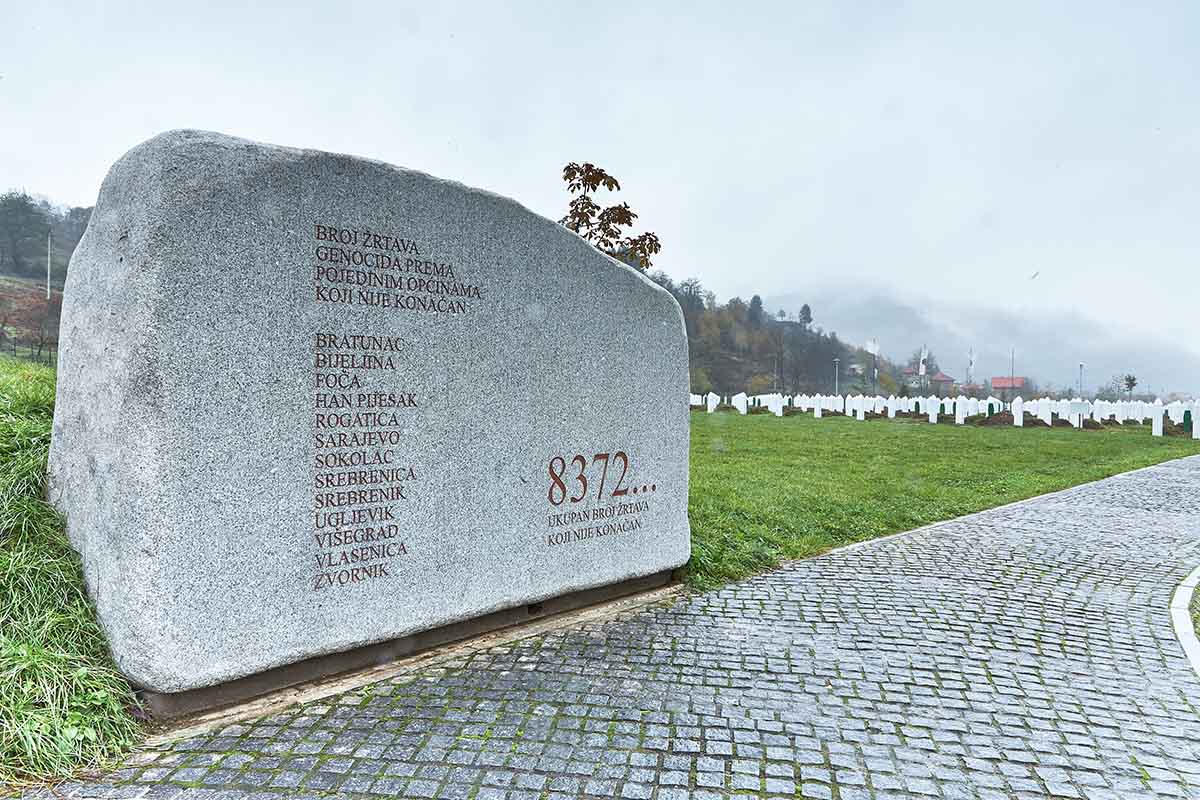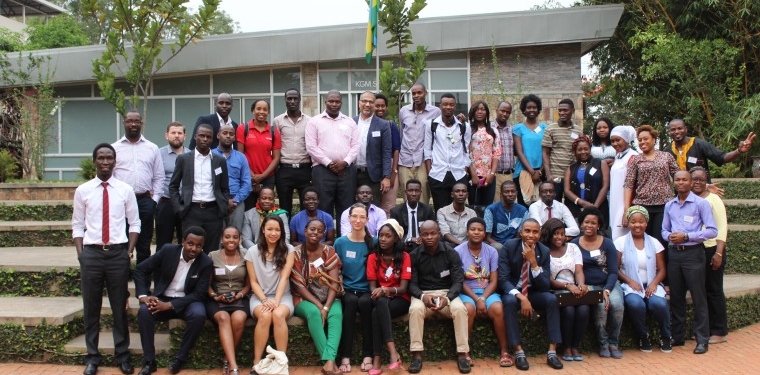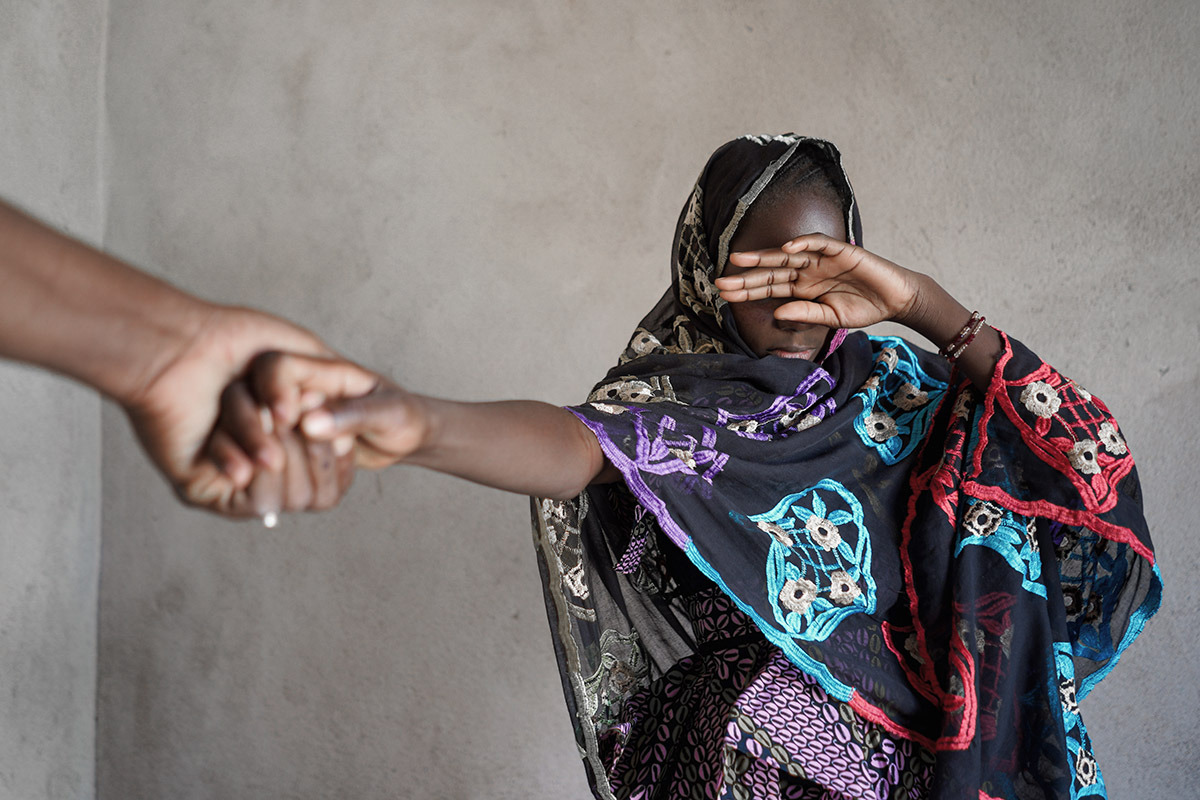Recalling My Spiritual Journey in light of World Interfaith Harmony Week 2024
January 30by Monica Islam
“What is your religion?” is a question that puts me in a great quandary. Religious fluidity is a difficult concept to put across to people from all walks of life. After all, how can you not follow a specific religion? Even harder is to explain spirituality. So how do you explain you are not religious, but not even irreligious; more of spiritual? With this article, I intend on revisiting my spiritual journey to commemorate World Interfaith Week 2024, which takes place from February 1 to 7.
I was born in a moderate Muslim (Sunni) family in Bangladesh, a Muslim-majority country in South Asia. As a family, we used to practise some of the rituals, such as prayer and charity, and not others, such as hijab and jihad. Growing up, I had exposure to a multitude of faiths and philosophies. For starters, I completed my primary and secondary education in a Catholic Christian missionary-run school where I played and studied with children proclaiming various faiths—Muslims, Hindus, Christians and Buddhists. As students of the school, we never distinguished based on religion. The first questions we asked each other were “What’s your name?” and “Will you play with me?” We never asked “What is your religion?” We were never intent on proselytizing.
As I crossed into adolescence, I was made to study the Quran and Arabic at home by a male teacher who was well-versed in this religion of Islam. The only misgiving I had with this is that the focus was on getting the pronunciation right for recital and not on comprehending the meaning or spirit of the Quran. As a consequence, I was very prone to superstition and religious dogma. Anyhow, to keep things balanced, I also studied portions of the Bible in school and I eventually scored an A grade in the Ordinary Level of the subject. Now that I compare the two Holy Scriptures, I realize that concepts of charity, prayer, humility and kindness ran through them both. And so, I held on steadfastly to these two faiths.
From childhood, as a family, we also celebrated Christmas alongside other religious festivals, such as Ramadan (the Muslim month of fasting), Holi (the Hindu festival of colours) and Diwali (the Hindu festival of lights). Since Bangladesh is a Muslim-majority country, Christmas is a low-key affair and it is not celebrated with as much fanfare as we witness in other countries. We would still wake up early in the morning, take a long hot bath, get well-dressed and join in the festivities by going to hotels and staring in awe at the tall Christmas trees and other decorations. A make-believe Santa Claus would shower me and the other children with blessings and gifts. We would exchange greeting cards and gifts with our loved ones. At night, I would curl up in bed with a Christian-themed book, such as Christmas Carol or Ben-Hur. This habit has stuck with me ever since. Even now, we visit hotels and shopping malls and celebrate Christmas with songs, prayers and local delicacies.
In 2010, out of my own will, I turned towards Salafi Muslim culture to understand Islam better, but after four or five years of intense self-study and practice, I realized that this was not the chosen path for me. Reforms were needed and I have written quite extensively about it. For instance, why can we not greet Non-Muslims?, why should we liken Jews to “despised apes”? and why should female genital mutilation be recommended for Muslim women? If we want respect from others, we need to show respect to them first. Salafis claim to be the descendants of the pious progenitors, but I refuse to believe that. I feel it is a brand new extremist colonial ideology because in the past, People of the Book (Jews and Christians) peacefully co-existed with Muslims.
Moving on, I learnt that religion is a deeply personal choice, although it may have far-reaching implications for the society. Generally, how I choose to communicate with God or a higher being and how I decide to worship God is a very personal choice. Although I abandoned the Salafi ideology, I still remain spiritual, especially with regard to principles of compassion and humanity for all. One of my fellow Correspondents has also stated that people in the West are usually casual about religion and this is an exemplar that I would really want my country to imitate.
As I continue my journey, I am eager to learn more about other religions. As of now, I do not follow any institutional, state-sponsored or organized religion, but I identify as spiritual. How can I believe in any one religion when I have not studied the others? I cannot be a Muslim (although it can be a good starting point) simply because I am born into this faith; it is as if the religion chose me; I did not choose the religion. However, I do not believe in Bible-trashing or Quran-burning like some of my well-meaning secular friends. I find this provocative, insensitive and counter-productive to my spirituality. According to an online test by the organization Humanists UK, I am 70 percent secular and 30 percent religious. Therefore, I wish to cultivate a shared identity of respect for all humanity. We have come to terms with gender fluidity, but religious fluidity is lagging behind and I would like that to change. Many people in Bangladesh still differentiate based on religion (they prohibit children from celebrating and experiencing the joy of Christmas, for example) and that is profoundly unsettling.
On this World Interfaith Harmony Week, I proudly express:
I am as Muslim as a Christian can be;
And as Christian as a Jew;
What about you?
